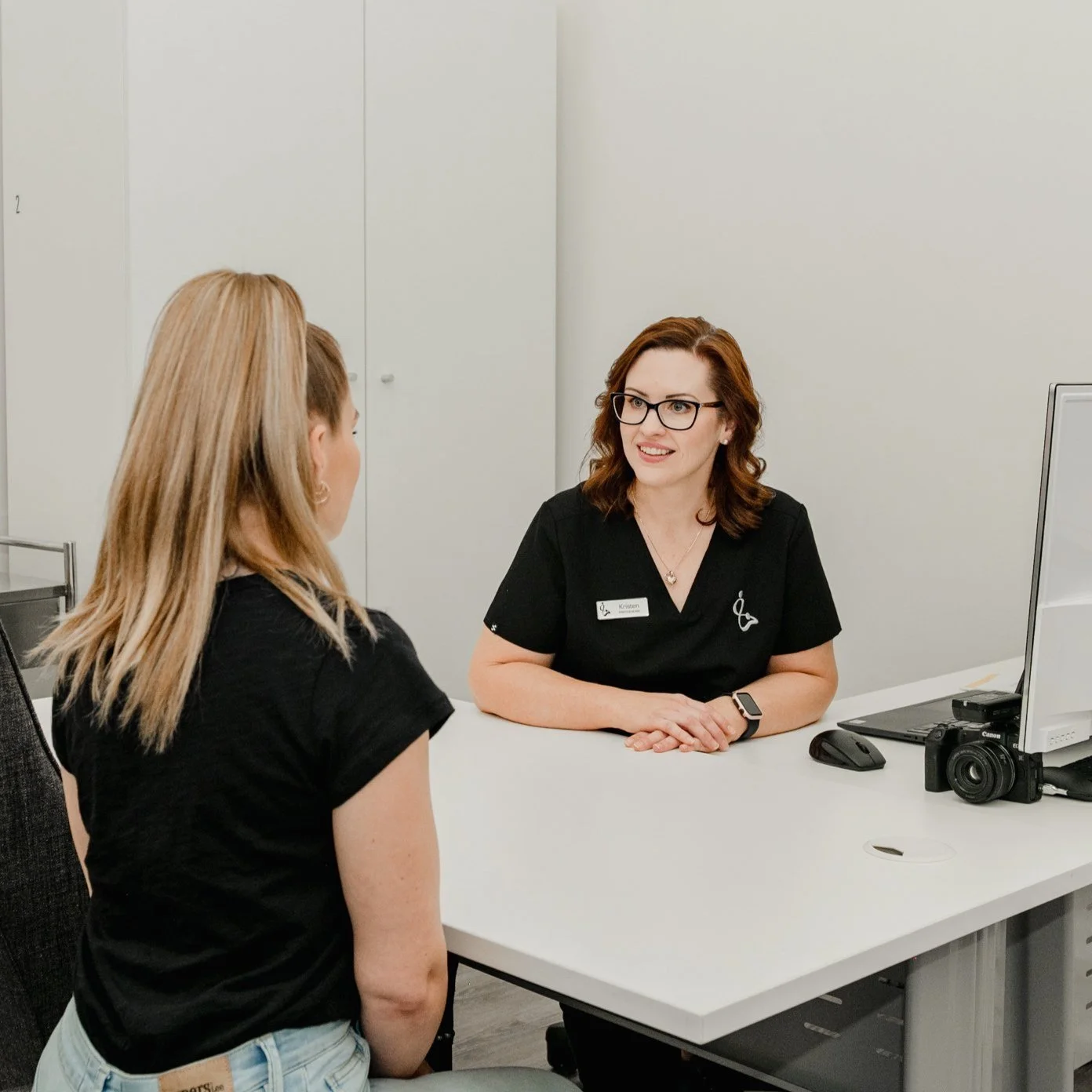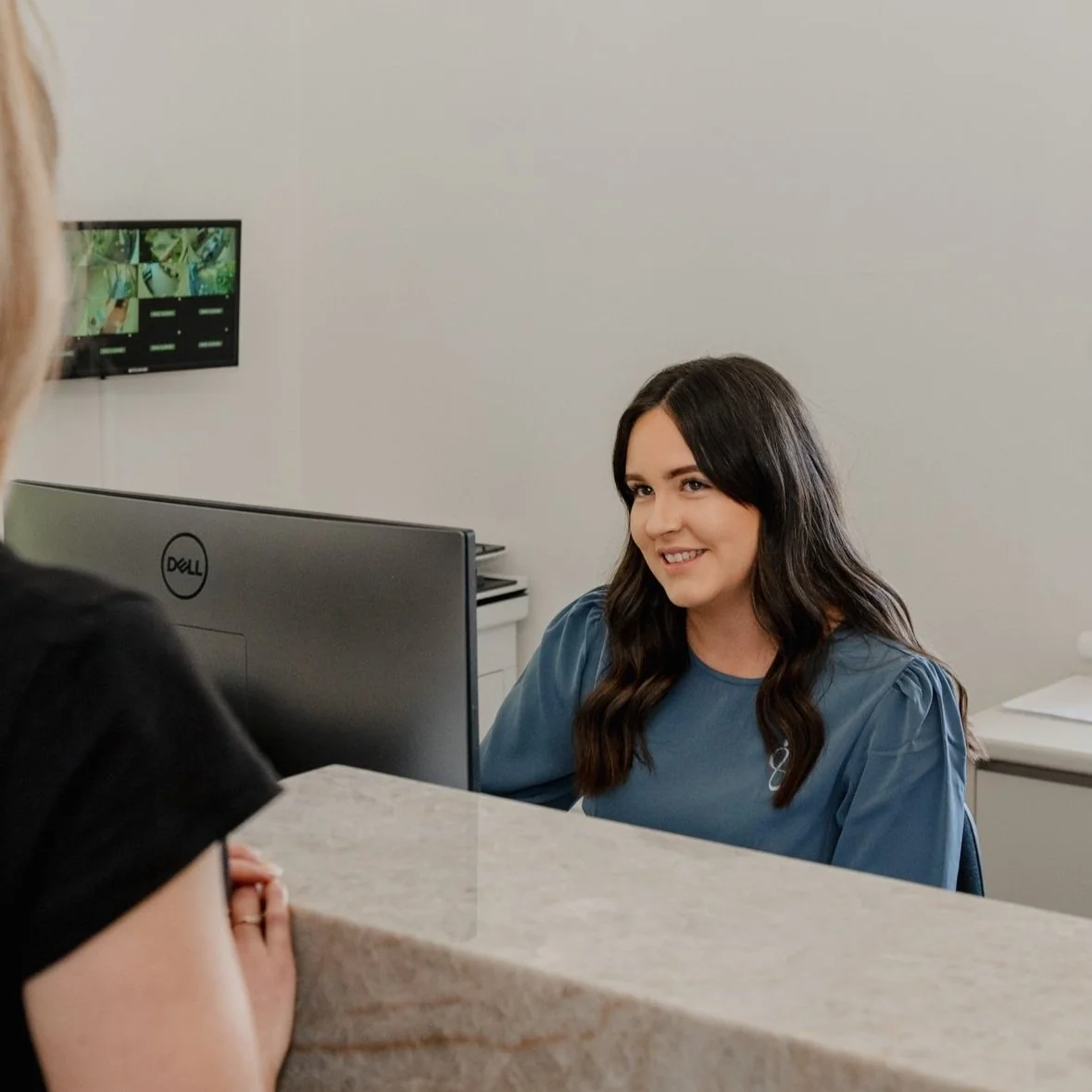Skin Cancer
We spend much of our time engaged in activities, whether it is for work or pleasure, outside exposed to the sun. Despite our best efforts to cover up, we still subject our skin to sun damage.
Life in Australia equates to time in the sun. We spend much of our time engaged in activities, whether it is for work or pleasure, outside exposed to the sun. Despite our best efforts to cover up, we still subject our skin to sun damage. As such, Australians experience some of the highest rates of skin cancer of any population in the world.
It is best to visit your family GP at least once a year to have your skin checked, or even more often if you have already been treated for any suspicious ‘spots’. Should your GP identify anything unusual, a referral can be made to Sandhurst Plastic Surgery to have the spot treated, particularly if it is on a cosmetically or functionally significant area of the body such as the face, head and neck, or the limbs.
Successful management of skin cancer involves four key steps:
Identification of the tumor
Adequate clearance of the tumor cells (which includes taking normal tissue around the spot)
Functionally and cosmetically desirable reconstruction
Ongoing skin surveillance.
Patients treated for any condition, including skin cancer, at Sandhurst Plastic Surgery will be pleased to know that we strongly believe that communication between GP and surgeon is key to success in all of the above steps. The GP (and the patient) will be provided with a comprehensive treatment report to ensure that no stone is left unturned. In addition to this, Sandhurst Plastic Surgery runs regular sessions for GPs and specialists to come together to ensure treatment strategies are up to date, and also to discuss unusual or difficult cases.
Remember:
Prevention is better than cure – always apply and re-apply sun screen, and wear a hat, shirt and sunglasses when outside.
If a spot on your skin changes in any of the following ways, talk to your GP:
changes colour;
increases in size;
changes shape;
won’t heal.
Book your discovery appointment.
Our Surgical Journey
Disclaimer: Results depend on each patient’s circumstances and can vary significantly. All invasive surgery carries risks. Results may also be impacted by a variety of factors including lifestyle, weight, nutritional intake, genetics, overall health and other factors. Surgery risks and complications are covered in detail during a consultation. If you are considering plastic surgery, please consult with a Specialist Plastic Surgeon (FRACS) who can provide you with accurate and personalised information based on your specific circumstances.
These details are general in nature and are not intended to be medical advice or constitute a doctor-patient relationship.
Please note: Before considering any procedure, it is crucial to thoroughly research the potential risks, benefits, and alternatives. It's also important to find a reputable and board-certified plastic surgeon who can provide a comprehensive evaluation, explain the available options, and guide you through the decision-making process.








